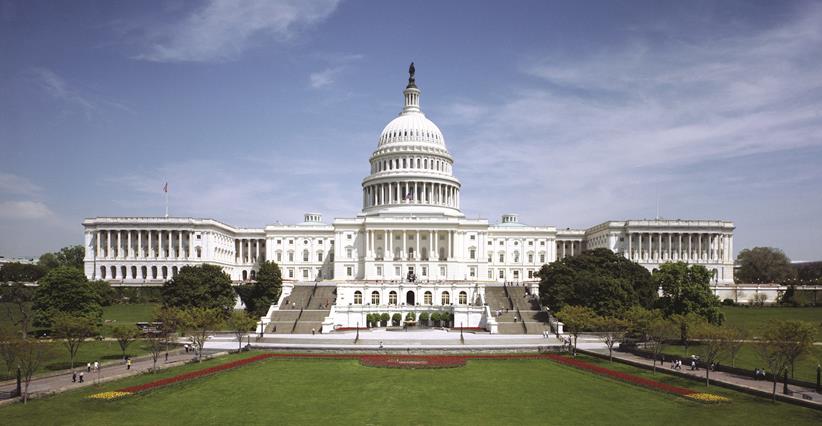Decision Time in D.C.

The subject of the arts barely came up during Donald J. Trump’s presidential campaign. So it was a shock when, in January, the inside-the-Beltway publication The Hill reported that the incoming president planned to eliminate 19 federal agencies, including the National Endowment for the Arts, the National Endowment for the Humanities, the Institute of Museum and Library Services and the Corporation for Public Broadcasting. Still, this initial “skinny” budget was not much different from previous nonbinding budget resolutions proposed by the U.S. House of Representatives. For several years, in fact, the House Budget Committee, under then Chair Paul Ryan (R-WI), proposed elimination of the cultural agencies, arguing that they represented a transfer of funds from the government to the wealthy. Yet each year, Congress came through with NEA funding — even after significant cuts to the budget due to sequestration — and in FY2016, it authorized a $2 million increase. Though the administration urged a $15 million cut to the FY2017 budgets of both the NEA and the NEH, Congress appropriated a $2 million increase.
Nonetheless, the Trump administration is moving forward with its proposal to eliminate the NEA. The full FY2018 budget proposes just $25 million for the agency: merely enough funding to close out programs and pay staff. But strong advocacy for the agency continues. OPERA America is working in coalition with national arts service organizations, including the Performing Arts Alliance and the ad hoc Cultural Advocacy Group, to lobby Congress and to engage its members in grassroots advocacy efforts. In the past year, individuals from the field of opera sent more than 2,500 letters to members of Congress, urging support for the agency.
The NEA is not allowed to advocate on its own behalf, but it can educate Congress and the public about its work and accomplishments. It has released a video detailing its funding process, an FAQ sheet about the community impact of its projects and even an infographic detailing the federal budget process, reminding us that the president’s budget proposal is just a step along a long legislative road.
I have heard many comments over the years along the lines of “I don’t need to write to my lawmakers because they always support the arts,” or “Why should I contact my lawmakers? They never support the arts.” But now is a key time to advocate for ongoing support for the NEA, letting lawmakers know the value offered by the agency and the access it provides to the arts. It helps to build relationships in congressional offices: an important step before asking for support. Opera companies can invite lawmakers and their staff to attend or speak at public events, to witness rehearsals and to receive backstage tours. For lovers of opera not connected to a company, making a phone call to your congressional office to urge support for the agency is a terrifically effective form of advocacy. Share stories about how you and your community have benefitted from opera performances and programs.
When it comes to advocating for the NEA, no congressional office is out of bounds, and no action is too big or too small.
This article was published in the Summer 2017 issue of Opera America Magazine.

Brandon Gryde
Brandon Gryde is the director of presenting and multidisciplinary works and artist communities at the National Endowment for the Arts, and the former director of government affairs for OPERA America and Dance/USA.




